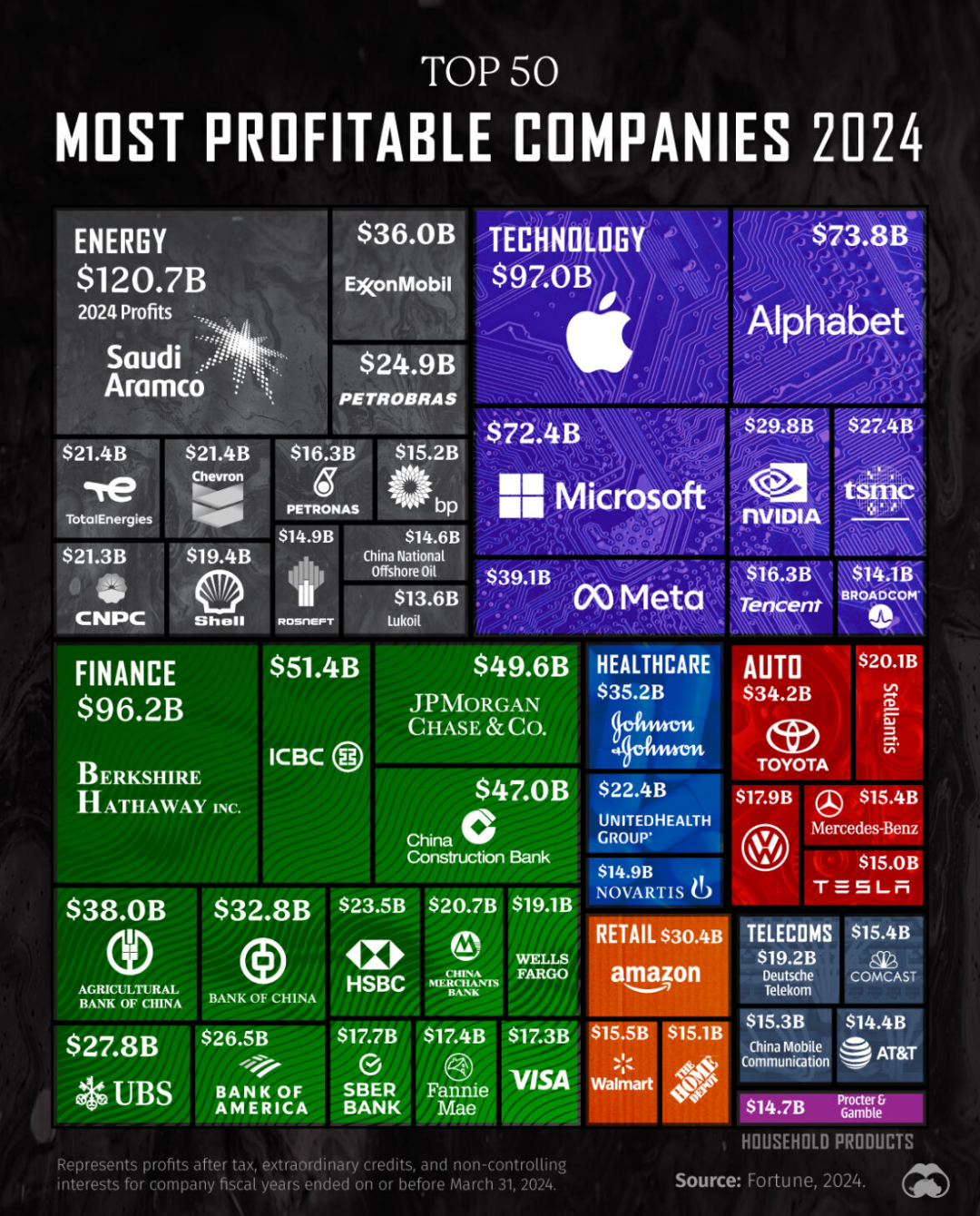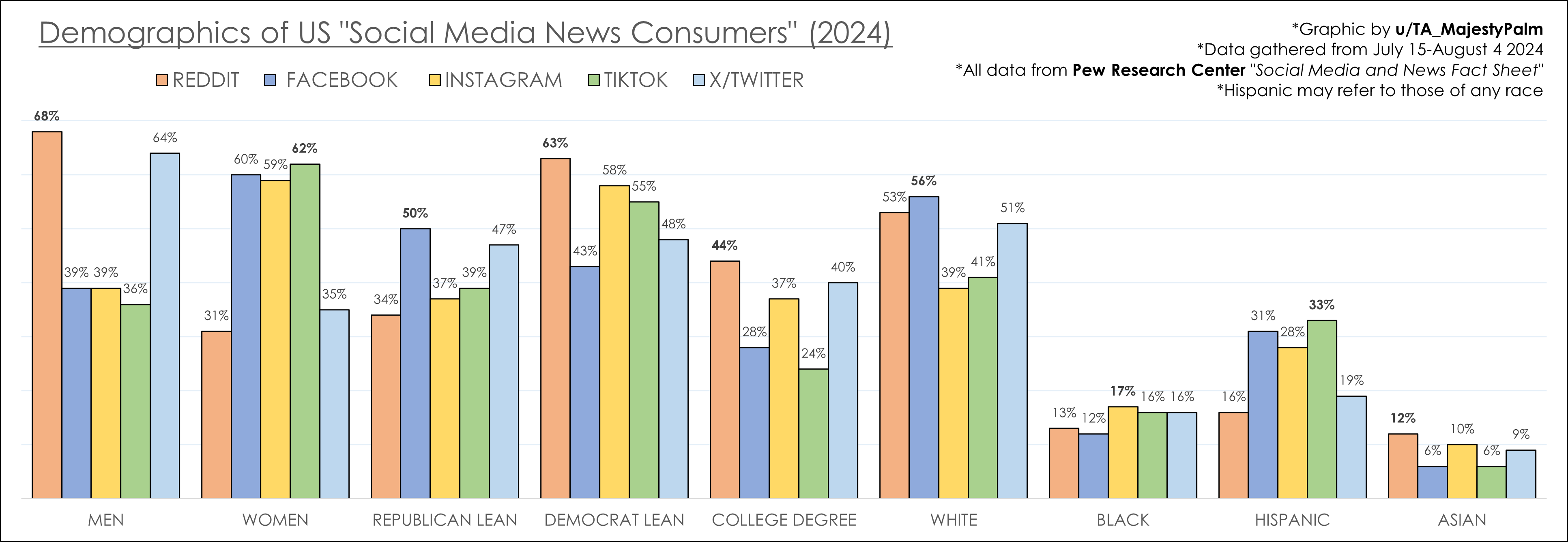How do countries around the world truly feel about China? Despite its significant efforts to cultivate a positive image through initiatives like the Belt and Road, global attitudes are largely skeptical. Geopolitical tensions, economic practices, and human rights concerns are shaping these perspectives, causing a shift in how China is perceived globally. As many nations express increased disapproval, it's crucial to understand the complex dynamics at play. This article examines the attitudes toward China by country, offering a comprehensive look at global insights and the multitude of factors molding these views.
Global Attitudes Toward China: A Comprehensive Overview
Global attitudes toward China have been notably declining in recent years. Geopolitical tensions, economic practices, and human rights concerns are primary factors driving this trend. Many countries view China with increasing skepticism due to its assertive foreign policy and strategic maneuvers on the global stage. Despite efforts to improve its image, these challenges persist in shaping negative perceptions.
- Geopolitical Tensions: China's assertive stance in regional conflicts.
- Economic Practices: Trade imbalances and accusations of unfair practices.
- Human Rights: Concerns over treatment of minority groups.
- Technology Concerns: Issues around data privacy and security.
- Global Influence: Expansionist policies and Belt and Road Initiative.
China has embarked on various soft power initiatives to counteract these unfavorable views. These include cultural exchanges, educational programs, and media outreach aimed at showcasing China's rich heritage and modern advancements. However, the effectiveness of these efforts is debatable.
Despite these initiatives, success has been limited. The Stanford Question Answering Dataset (SQuAD) method reveals that while cultural diplomacy has helped in certain regions, overall global sentiment remains cautious. The lack of significant improvement in China's global image highlights the complexity of altering perceptions deeply rooted in political and economic concerns.
European Perspectives on China
China's geopolitical actions, particularly its support for Russia in the Ukraine conflict, have significantly impacted European perceptions. This stance has led to a hardening of attitudes across the continent, with 66% of European respondents indicating worsened views due to China's partnership with Russia. The growing geopolitical alignment between China and Russia is seen as a threat to European security and political stability, prompting a reevaluation of China's role in global affairs.
| Country | Unfavorable Opinion |
|————–|———————|
| Germany | 71% |
| France | 68% |
| United Kingdom | 70% |
| Italy | 65% |
| Spain | 63% |
Trade relations between China and Europe have been increasingly strained. Germany, historically one of China's key European trade partners, is now prioritizing geopolitical concerns over economic ties. This shift is evident in Germany's decision to remove Chinese technology from its 5G infrastructure, signaling a move towards reducing dependency on Chinese tech. The emphasis on securing technological infrastructure reflects broader European apprehensions about China's growing influence and the potential risks associated with it.
European concerns extend beyond geopolitics and trade, encompassing significant human rights issues. The European Union has expressed disapproval over China's treatment of minority groups, including the Uyghurs. These human rights concerns have further strained China-EU relations, leading to increased scrutiny and calls for accountability. As the EU navigates these complex issues, it continues to balance economic interests with the need to uphold democratic values and human rights standards.
Asian Countries' Views on China
Geopolitical tensions significantly shape the perception of China in Asia. The ongoing China-India border tensions remain a primary source of friction, with numerous military standoffs escalating distrust. These disputes over the Line of Actual Control have exacerbated historical animosities, leading to increased military presence and nationalistic sentiments in both countries. Additionally, China's assertive actions in the South China Sea have raised security concerns among Southeast Asian nations, further complicating regional dynamics.
While some countries harbor unfavorable opinions, others maintain a more positive outlook toward China. In Japan, surveys indicate that unfavorable perceptions are notably high, driven by historical grievances and current territorial disputes over the Senkaku Islands. This sentiment is compounded by economic competition and differing political ideologies, which contribute to a complex bilateral relationship. Conversely, countries like Thailand exhibit more favorable views, influenced by strong trade ties and cultural exchanges. Thailand's strategic partnership with China, particularly through initiatives like the Belt and Road, fosters a cooperative stance that contrasts with the skepticism seen in other Asian nations.
The diversity of opinions across Asia highlights the multifaceted nature of China's regional influence. Economic engagement plays a pivotal role in shaping these perceptions, with countries benefiting from Chinese investments often adopting a more positive viewpoint. However, China's growing military assertiveness and political strategies continue to provoke caution and resistance, emphasizing the intricate balance between cooperation and competition in Asia's relationship with China.
African and Middle Eastern Attitudes Towards China
China's economic investments in Africa and the Middle East have been substantial, with the Belt and Road Initiative (BRI) playing a pivotal role. This ambitious project has led to increased infrastructure development, such as roads, ports, and railways, aiming to enhance trade routes and economic collaboration. China has signed agreements with 17 countries in the Middle East and North Africa (MENA) region, highlighting its commitment to fostering economic ties. These investments have been met with varying degrees of enthusiasm, as they promise economic growth but also raise concerns about debt dependency and loss of local industry control.
- Belt and Road Initiative: Expanding infrastructure and trade connectivity.
- Energy Partnerships: Investments in oil and gas sectors.
- Technology Transfers: Collaborations in telecommunications and IT.
- Educational Exchanges: Scholarships and cultural programs to strengthen ties.
Despite the economic opportunities, China's popularity in the Arab world remains fragile. Many countries exhibit mixed or cautious attitudes toward China's growing influence. While some view the BRI as a catalyst for development, others worry about potential neocolonial implications. The perception of China as a strategic partner is often counterbalanced by fears of political and economic overreach, leading to a complex relationship characterized by both cooperation and skepticism.
Cultural factors also play a significant role in shaping attitudes toward China. In regions with rich historical ties to the West, there is sometimes resistance to China's rising influence, perceived as a challenge to long-standing alliances. Additionally, concerns about China's human rights record and its stance on political freedoms contribute to cautious perceptions. These cultural and political dynamics underscore the multifaceted nature of China's engagement in the MENA region.
In Africa, the perception of China is similarly nuanced. While investments have spurred development, they have also led to debates about sovereignty and economic independence. Some African nations appreciate China's no-strings-attached approach to aid and investment, contrasting it with Western conditionalities. However, others remain wary of potential exploitative practices and environmental impacts. This duality reflects the broader global discourse on China's role as a major economic and geopolitical player.
China's Image in the Americas and Oceania
North America's perception of China is predominantly unfavorable, largely driven by economic and human rights issues. Surveys reveal that a significant portion of the population in both the United States and Canada view China's economic practices, such as trade imbalances and intellectual property concerns, as detrimental to their national interests. Additionally, human rights issues, particularly concerning China's treatment of minority groups and political dissidents, further exacerbate these negative sentiments. This combination of economic rivalry and ethical concerns has resulted in a cautious and often critical stance towards China within North American discourse.
In Oceania, the perception of China is shaped by a complex interplay of trade relations and regional security concerns. Australia and New Zealand, as key players in the region, have experienced both economic benefits and challenges due to their trade ties with China. While China is a major trading partner, providing significant economic opportunities through exports and investments, there is also growing unease over dependency and the potential for economic coercion. This duality reflects the balance that Oceania must maintain between economic engagement and safeguarding national interests.
Security concerns also play a pivotal role in shaping attitudes toward China in Oceania. The strategic importance of the South Pacific has heightened attention on China's military activities and influence in the region. This has led to apprehensions about regional stability and sovereignty, prompting countries like Australia to reassess their defense strategies and alliances. As a result, while economic cooperation with China continues, it is tempered by a vigilant approach to regional security dynamics, illustrating the nuanced and multifaceted nature of China's image in Oceania.
Factors Shaping Country-specific Attitudes Toward China
Historical and cultural factors significantly influence how countries perceive China. How do historical relations affect China's global image? Countries with a history of conflict or colonial ties with China often harbor lingering distrust or grievances. For example, Japan's historical conflicts with China continue to impact bilateral relations, fostering a climate of caution and skepticism. In contrast, nations with longstanding cultural exchanges, such as those involved in the ancient Silk Road, may view China more favorably due to shared historical narratives and mutual cultural appreciation.
China's assertive foreign policy plays a crucial role in shaping its image globally. What aspects of China's foreign policy contribute to its perception? The pursuit of territorial claims, particularly in the South China Sea, has prompted concerns among neighboring countries about regional stability and sovereignty. Such assertiveness is seen as a challenge to international norms, influencing countries like Vietnam and the Philippines to adopt more wary stances. Additionally, China's strategic partnerships with countries like Russia are viewed with suspicion by Western powers, further complicating its global image.
Economic practices, including trade imbalances and intellectual property issues, add layers of skepticism and criticism to China's international reputation. How do these economic factors affect perceptions? Many countries, especially in the West, criticize China for practices perceived as unfair, such as dumping and subsidies that distort global markets. Intellectual property theft allegations exacerbate tensions, particularly with the United States, where these issues are seen as threats to innovation and competitiveness. Such economic disputes contribute to a narrative of China as an aggressive economic competitor, challenging established trade norms.
Human rights issues are another pivotal factor influencing attitudes toward China. Which human rights concerns are most prominent? Reports of human rights abuses, particularly relating to the treatment of ethnic minorities like the Uyghurs, have drawn widespread condemnation. These concerns resonate strongly in democratic nations, where human rights are integral to foreign policy. The European Union and North American countries frequently cite these issues in diplomatic dialogues, impacting bilateral relations and shaping a global image of China as a nation with problematic human rights practices.
Final Words
Amidst the ever-changing landscape of global politics, attitudes toward China by country are increasingly complex.
The blog post delved into general perceptions, noting that geopolitical tensions and human rights concerns play significant roles in shaping views.
China’s soft power initiatives have yet to tangibly shift these opinions.
In Europe, the Ukraine conflict and China's technology partnerships have notably affected perceptions.
In Asia, historical context influences varied views between nations like Japan and Thailand.
Africa and the Middle East show mixed responses despite China's investment efforts, while North America remains critical due to economic and rights issues.
Understanding these varied perspectives invites greater dialogue and the possibility for a more nuanced global engagement with China.



